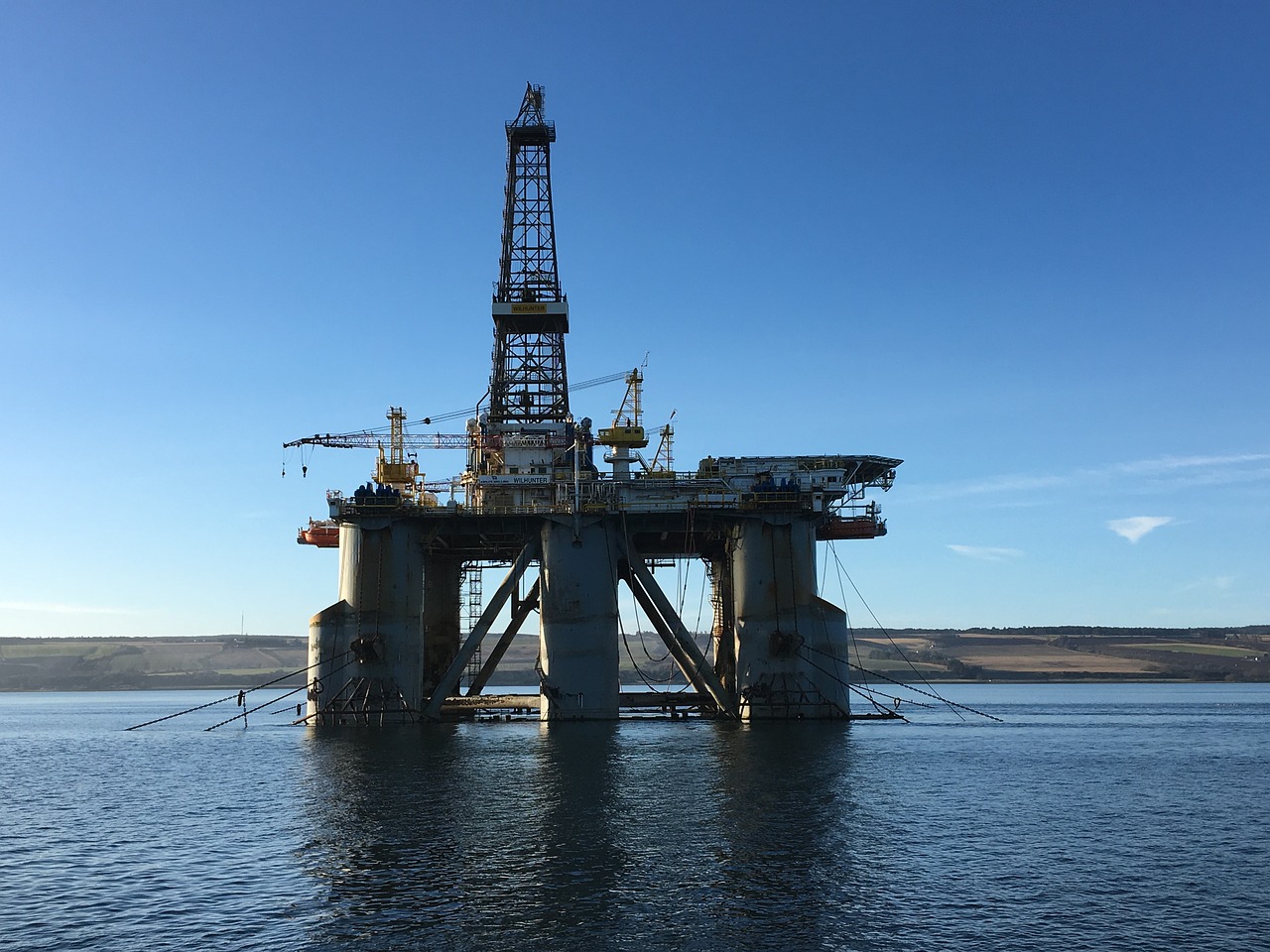Almost 20 months have passed since the Deepwater Horizon oil rig exploded and spewed millions of gallons of oil into the Gulf of Mexico. And to this day, the lessons we should have learned from that disaster remain completely ignored.
In spite of an intense battle involving a moratorium on deep water oil drilling after the explosion, the Obama administration was out-maneuvered on the issue by the powerful oil industry, losing court battles as well as facing three separate bills in the Republican-controlled House of Representatives to overturn the drilling moratorium. (An interesting side-note about the court battle is that the judge who overturned the ban, Martin Feldman, actually owned stock in Transocean at the time of his decision.)
With oil still washing ashore at the time of the first proposed moratorium, right wing bloggers helped muddy the waters by claiming that the moratorium was devastating Gulf economies. The conservative website Free Republic even posted a video and story about the “Victims of the Obama Drilling Moratorium,” that turned oil companies into the victims as local fishermen and tourist-centered businesses were struggling to make ends meet. Their analysis of the real “victims” was based on “investigations” by oil-funded groups like The Heritage Foundation and the Institute for Energy Research. A commenter on that video had the audacity to claim, “Obama just killed Louisiana more than Katrina.”
But the right wing attacks on the moratorium paid off, and today the deepwater offshore oil industry is once again thriving in the Gulf of Mexico.
From The Associated Press, via Huffington Post:
Across the Gulf, energy companies are probing dozens of new deepwater fields thanks to high oil prices and technological advances that finally make it possible to tap them.
The newfound oil will not do much to lower global oil prices. But together with increased production from onshore U.S. fields and slowing domestic demand for gasoline, it could help reduce U.S. oil imports by more than half over the next decade.
Eighteen months ago, such a flurry of activity in the Gulf seemed unlikely. The Obama administration halted drilling and stopped issuing new permits after the explosion of a BP well killed 11 workers and caused the largest oil spill in U.S. history.
But the drilling moratorium was eventually lifted and the Obama administration issued the first new drilling permit in March. Now the Gulf is humming again and oil executives describe it as the world’s best place to drill.
And the number of oil rigs is only expected to climb in the next few months, even though the oil that is recovered is doing next to nothing to lower energy prices:
By early 2012, there will be 40 deepwater rigs in the Gulf, up from 37 before the BP spill, according to Cinnamon Odell of ODS-Petrodata. BP received its first permit to drill in late October.
The Gulf produces an average of 1.5 million barrels of oil per day, according to Wood Mackenzie. That’s 27 percent of U.S. output and 8 percent of U.S. demand.
As the BP disaster made clear, drilling in deep water presents difficulties and dangers. Last month a Chevron well in the deep waters off of Brazil ruptured and spilled 2,400 barrels of oil into the Atlantic after Chevron underestimated the pressure of the oil field it was tapping.
So we’ve established that deepwater offshore drilling is dirty, dangerous, and does little to help meet oil demand. But the dirty energy industry has money – lots of it – and they don’t mind throwing their weight around in American politics to achieve their goals.
But there is a small glimmer of hope to kick off the new year: The federal government is finally gearing up to file criminal charges against BP for the Deepwater Horizon disaster. Agence France-Presse by way of RawStory laid it out as follows:
US prosecutors are readying criminal charges against British oil giant BP employees over the 2010 Deepwater Horizon accident that led to the catastrophic Gulf oil spill, The Wall Street Journal reported online.
The charges if brought and prosecuted by the US Justice Department would be the first criminal charges over the disaster.
Citing sources close to the matter, the Journal said the prosecutors are focusing on US-based BP engineers and at least one supervisor who they say may have provided false information to regulators on the risks of deep water drilling in the Gulf.
Felony charges for providing false information in federal documents may be made public early next year, said the Journal.
We have documented in the past the ways in which federal regulators allowed the oil companies to run roughshod over laws, and these potential federal charges are a bit of fresh air for those of us who live on the coast.
While the criminal charges are needed, it is unlikely that they will hinder the expansion of oil drilling in the Gulf of Mexico. As long as the oil industry’s tentacles reach through the corridors of Washington, they will be able to make their own rules when it comes to drilling.
Subscribe to our newsletter
Stay up to date with DeSmog news and alerts







